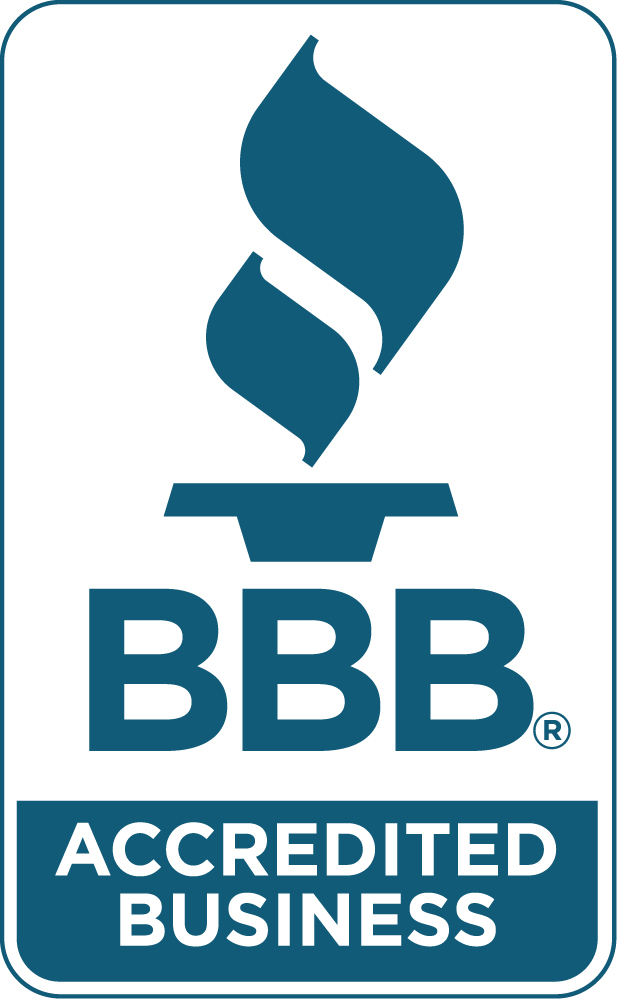Selling a home to investors is a strategic option that has gained popularity in the real estate market. Investors, often seeking properties for various purposes, can offer unique advantages for sellers looking for a quick and straightforward transaction. In this blog post, we’ll explore the benefits of selling your home to investors and provide insights into how this process can be a viable and efficient solution.
1. Speed and Efficiency
One of the most significant advantages of selling your home to investors is the speed at which the transaction can occur. Traditional home sales can involve a lengthy process of listing, marketing, and waiting for potential buyers. Investors, on the other hand, are often prepared to make quick decisions. This can be particularly appealing to sellers who need to sell their homes swiftly due to relocation, financial constraints, or other time-sensitive situations.
2. As-Is Sales
Investors are typically more open to purchasing homes in as-is condition. This means that sellers may not need to invest time and money in extensive repairs or renovations before selling. Investors often have the resources and expertise to handle property improvements themselves, allowing sellers to avoid the hassle of preparing their homes for the traditional market.
3. Cash Offers and Certainty
Investors often make cash offers, providing a level of financial certainty that might be lacking in traditional home sales. Cash transactions eliminate the complexities associated with mortgage approvals, appraisals, and potential financing issues. For sellers, this can mean a smoother and more predictable closing process, reducing the risk of deals falling through due to financing complications.
4. Flexible Closing Timelines
Working with investors can offer flexible closing timelines. Since investors are typically motivated to complete transactions quickly, they may be willing to accommodate the seller’s preferred closing date. This flexibility can be advantageous for sellers who have specific timeframes or deadlines they need to meet.
5. No Need for Extensive Marketing
When selling to investors, there’s often no need for extensive marketing efforts or staging. Traditional home sales may require sellers to invest time and money in showcasing their homes to attract potential buyers. Investors, however, are primarily interested in the property’s potential and value, reducing the need for elaborate marketing strategies.
6. Solutions for Distressed Properties
Investors often specialize in purchasing distressed or undervalued properties. If your home requires significant repairs, is facing foreclosure, or is in a challenging financial situation, selling to investors can provide a viable solution. Investors are accustomed to handling a variety of property conditions and situations, offering sellers an opportunity to move forward, even in challenging circumstances.
7. Streamlined Negotiations
The negotiation process with investors can be more streamlined compared to traditional home sales. Investors are generally focused on the property’s potential return on investment, and negotiations often revolve around finding a mutually beneficial agreement. This straightforward approach can be appealing for sellers who prefer a simplified negotiation process.
8. Minimized Contingencies
Traditional home sales often involve various contingencies, such as inspections, appraisals, and financing approval. When selling to investors, these contingencies may be minimized. Investors are often more willing to work with a property’s existing condition and may not require extensive evaluations before finalizing the deal.
Conclusion
In conclusion, selling your home to investors can be a strategic and efficient option, particularly for those seeking a quick and straightforward transaction. The speed, flexibility, and as-is nature of these transactions can provide advantages for sellers in various situations. However, it’s essential to carefully evaluate offers and work with reputable investors to ensure a fair and transparent process. As with any real estate transaction, understanding the terms and implications is key to making an informed decision that aligns with your specific needs and circumstances.


